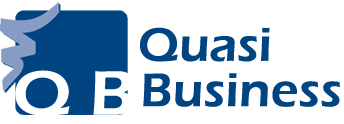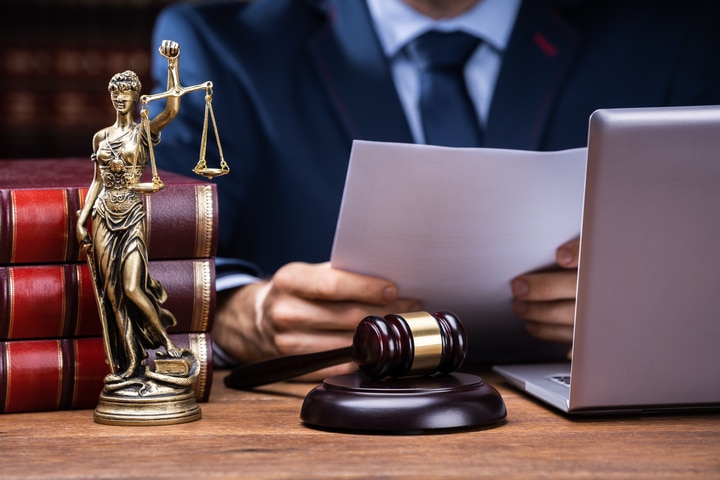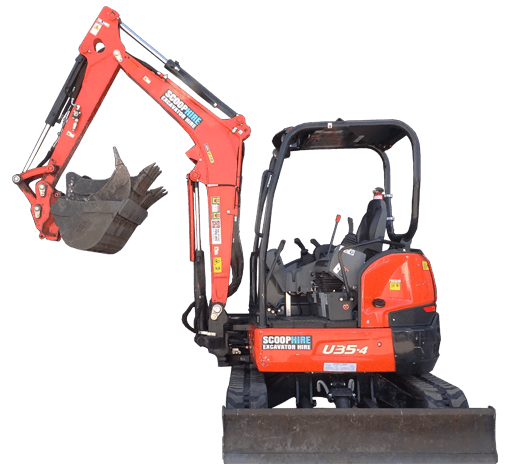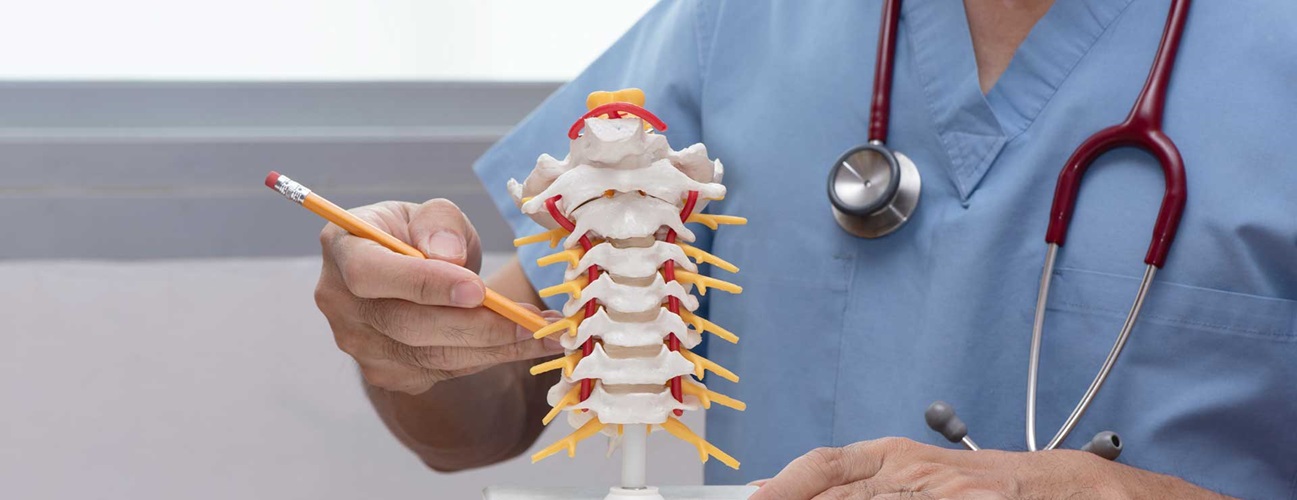Running a business involves a lot of moving parts. Depending on the industry and scale of your business, you may need to handle inventory, manufacturing, and shop operations.
Aside from your daily responsibilities, you also need to pay attention to the legal side of your business. These tasks will include registering your business and paying the appropriate taxes.
Suppose the Canada Revenue Agency (CRA) notices discrepancies or irregularities in your tax returns. You may end up on the receiving end of a tax audit. Although this situation is less than ideal, there are ways you can work around it.
What Happens During a CRA tax Audit?
A CRA tax audit doesn’t happen all the time, especially when you ensure your tax returns are honest and accurate. However, they are essential to the CRA’s activities to help ensure the tax system works fairly and as intended.
The CRA usually picks businesses or institutions to audit according to risk. They will usually assess whether your company has had a history of inaccuracy or non-compliance concerning tax obligations.
While getting flagged for a tax audit can be intimidating, understanding how it works can help you prepare. You can also work with tax problem solvers or experts to help you through the process.
Mode of Contact
An audit begins with a CRA representative contacting you via phone, mail, or both. They will inform you that your firm has been selected for an audit and its corresponding schedule. The CRA will usually mail you a document confirming the details of the coming audit.
If you are uncomfortable speaking with the auditor on the phone, you may contact the CRA directly to confirm the auditor’s identity.
Location
The audit may occur on-site, meaning your residence or place of business. In this case, the auditor will visit your office, present their identification, and begin the audit. On-site audits are ideal as they allow you to address questions immediately and minimize delays, provided you have prepared all the necessary paperwork.
If an on-site audit is not feasible, the CRA will conduct it in one of its offices. Ensure to coordinate with your auditor and bring all the necessary documents for the audit. Depending on the CRA’s resources, you may need to travel outside your region.
Necessary Documents
During the audit, the CRA representative will look at several documents, which may include the following:
- Business records
- Personal records of the business owners
- Personal or business records of individuals or entities related to the business owner/s
- Documents or information filed to the CRA
Even if the audit may occur in your office, preparing the documents beforehand is best to ensure easy access.
Audit Results
The audit may conclude in one of two ways. The auditor may find nothing wrong with your previous assessment, and you won’t need to make any adjustments. The audit ends, and you will receive a completion letter from the CRA.
If the auditor finds any discrepancies, you may need to reassess your tax returns. Your company could end up having to pay more or receive a refund, depending on the figures.
Appeals
If you disagree with the auditor’s results, you may contact the auditor or their team leader. If the issue remains unresolved, you can submit an appeal.
Handle Tax Audits Like a Pro
Preparing for a tax audit can be stressful, depending on the scope of the issue. However, understanding the process and apt preparation can help you go through it more smoothly. Working with your accounting team or a tax expert can also help you feel more confident and comfortable.
















